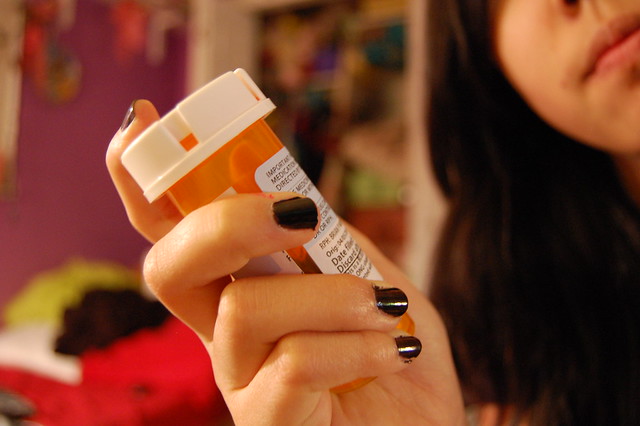The Consequences of Avoiding Addiction Treatment
February 9th, 2011
Drug addicts, alcoholics, and any “intervention” program on television will exhibit the same difficult truth: many addicts are in denial that they have a problem. They avoid treatment and have no desire to attempt recovery, sometimes because they are truly addicted to the point that they see no hope outside of drugs, but usually because they simply don’t see the extent to which they are suffering. Of course, the longer treatment is avoided, the more drugs and alcohol have time to wreak havoc on an addict’s health and lifestyle.
Physically, avoiding addiction treatment leads to grave consequences. The individual’s addiction can progress to the point of physical harm at best, and death at worst. Even an addict knows that their drug of choice is not good for their health, but continuing to use regardless causes the negative health impacts to pile up and deteriorate the mind and body. It is never too late for an addict to receive the help they need. Physical damage has already been done by the time an individual becomes an addict, but entering recovery quickly can stop the worst effects from taking hold.

http://www.flickr.com/photos/kphotographerrr/4505714773/
The deepest problems are often not on the physical surface at all, but rather have to do with the addict’s emotions. Addiction takes a dangerous psychological toll on its victims. Many drugs, particularly depressants such as alcohol, bring down the user’s emotional state. Ecstasy (MDMA) has been shown to cause depression days after its use. Indeed, drug and alcohol abuse have consequences far beyond those that can be classified as immediate.
Financial struggles are made far worse by an addict’s refusal of treatment as well. The longer that an individual uses a drug, the more money they end up pouring into their addiction. Drugs and alcohol are expensive vices that often lead users to neglect other financial requirements in order to fund their addictive behavior. While rehabilitation centers and other treatment may come with a hefty price tag, the cost is undeniably far below that of a continuing drug addiction.
Social dangers are another issue brought on by the avoidance of addiction treatment. An addict’s relationship with their family is put at a strain when they refuse help. Employment can easily be lost due to poor job performance and frequent absences, friendships can deteriorate, and the addict must continue to deal with the stresses of appearing to be functional in society while concurrently maintaining an addiction.
Some addicts believe that they can fight their addiction on their own. In truth, it is far more effective to receive help from a professional institution. AllTreatment strongly recommends contacting a treatment center.

